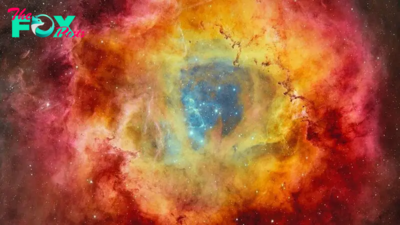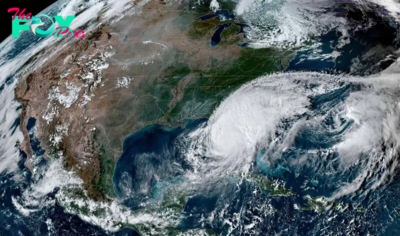Science
Delta Aquariids 2024: July's next meteor shower offers ideal conditions for 'shooting stars'
The Delta Aquariid meteor shower will soon light up Earth's skies. Though it's not one of the most prolific annual meteor showers, the peak of the Delta Aquariids occurs under ideal conditions this year. It also arrives while a few other meteor showers are underway, including the Perseid meteor shower.
This year, the Delta Aquariids are active between July 18 and Aug. 21 — peaking on the night of July 29-30, according to the American Meteor Society. However, this meteor shower has a broad peak. That's good news for skywatchers, because its maximum rate of "shooting stars" tends to last a few nights on each side of the technical peak date. Its shooting stars also tend to move rather slowly, which makes them easier to see.
Conditions for the peak nights of the Delta Aquariids this year are good. It's always important to look for meteors only when the moon is down because that's the only time the sky is dark enough to see them easily. July's full Buck Moon rises on July 21, well before the shower's peak. By July 28, the moon will reach its last-quarter phase, which means it will rise after midnight and then continue to rise about 50 minutes later on each successive evening. That makes the hour before and after midnight the best time to observe this year's Delta Aquariids across the Northern Hemisphere.
Related: The Milky Way will be visible without a telescope this summer. Here are the key nights to watch for.
All meteor showers are named after the constellation from which their "shooting stars" appear to originate. In the case of the Delta Aquariids, that's the constellation Aquarius, which is in the southern sky between the constellations Capricornus and Pisces. Because of its position in the southern sky, the Delta Aquariids are best viewed from the Southern Hemisphere.
—10 'breathtaking' photos of our galaxy from the 2024 Milky Way Photographer of the Year contest
—The 10 best stargazing events of 2024
—Group of 60 ultra-faint stars orbiting the Milky Way could be new type of galaxy never seen before
Shooting stars are meteoroids — small, rocky particles that strike Earth's atmosphere. These tumbling particles heat up and vaporize, releasing energy visible as streaks of light in the night sky. The Delta Aquariid meteor shower is caused by dust and debris left in the inner solar system by a complex of comets called 96P/Machholz. As many as 20 meteors are expected each hour during the peak of the Delta Aquariids.
One of the year's most prolific and popular meteor showers, the Perseids, will overlap slightly with the Delta Aquariids, running from July 14 through Sept. 1 and peaking in the early hours of Aug. 12 this year. Both showers are best viewed with the naked eye — but summer is a great time to get into stargazing with a new pair of binoculars or a good backyard telescope, while an array of planets, supermoons and comets are headed for a night sky near you.
-

 Science1d ago
Science1d agoInside Capitol Hill’s Latest UFO Hearings
-
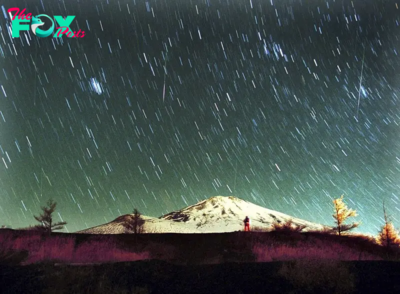
 Science1d ago
Science1d agoYou Won’t Want to Miss the Leonid Meteor Shower. Here’s How and When You Can See It
-
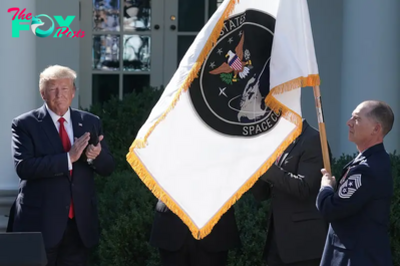
 Science2d ago
Science2d agoHere’s What Trump’s Win Means for NASA
-
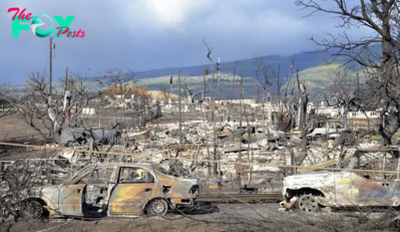
 Science5d ago
Science5d agoWhy Risky Wildfire Zones Have Been Increasing Around the World
-
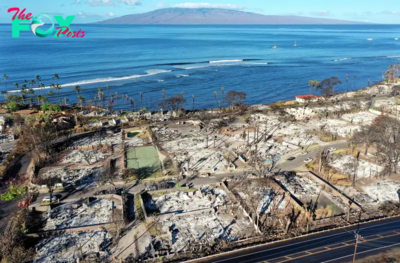
 Science5d ago
Science5d agoIt’s Time to Redefine What a Megafire Is in the Climate Change Era
-

 Science6d ago
Science6d ago4 Astronauts Return to Earth After Being Delayed by Boeing’s Capsule Trouble and Hurricane Milton
-
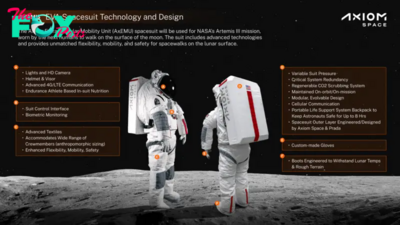
 Science1w ago
Science1w agoThe Elegance and Awkwardness of NASA’s New Moon Suit, Designed by Axiom and Prada
-
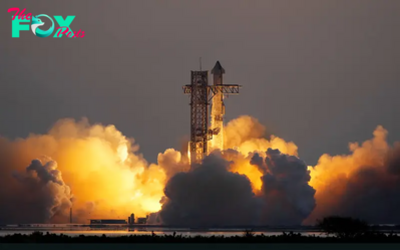
 Science1w ago
Science1w agoSpaceX Launches Its Mega Starship Rocket. This Time, Mechanical Arms Catch It at Landing
